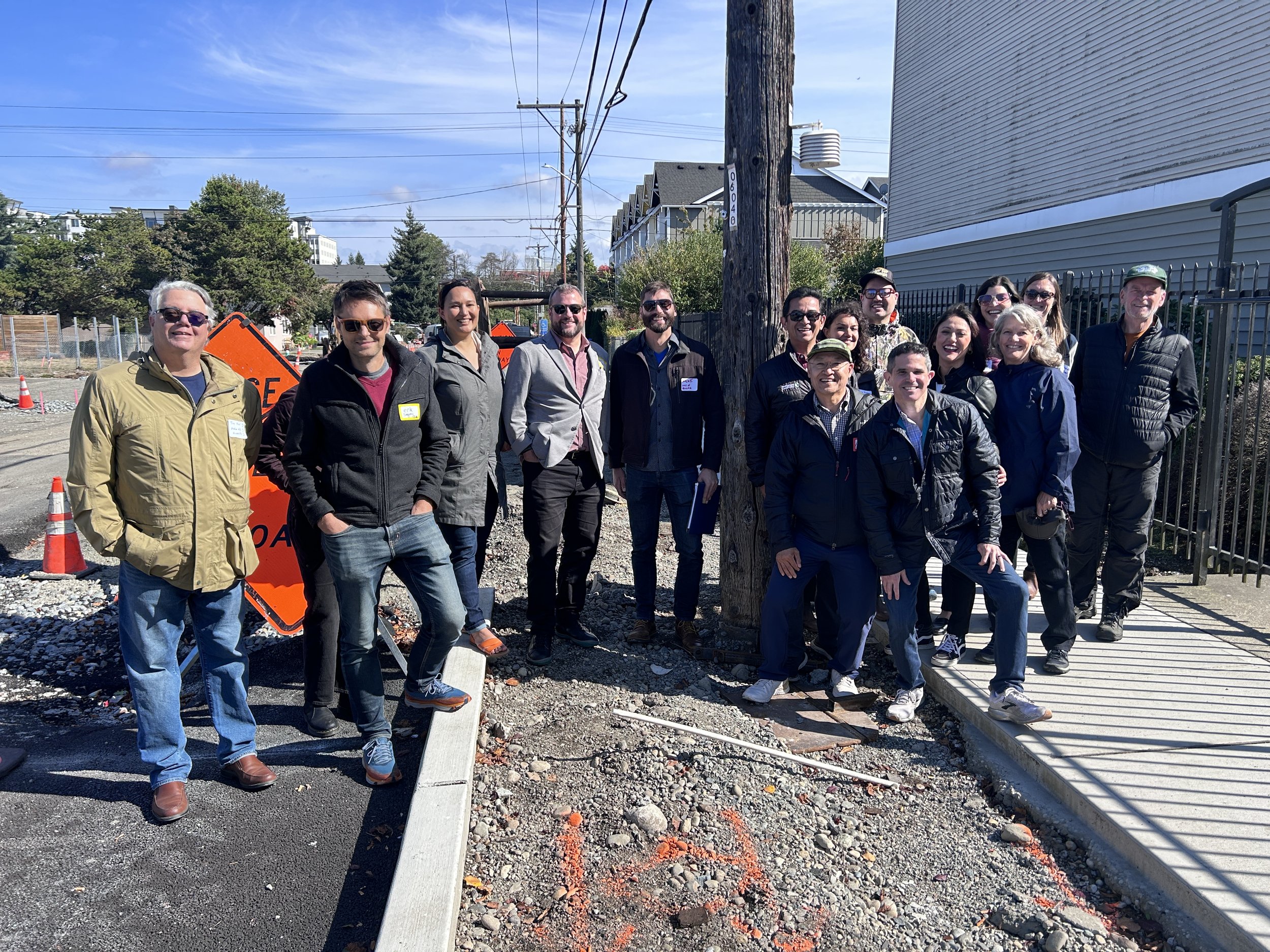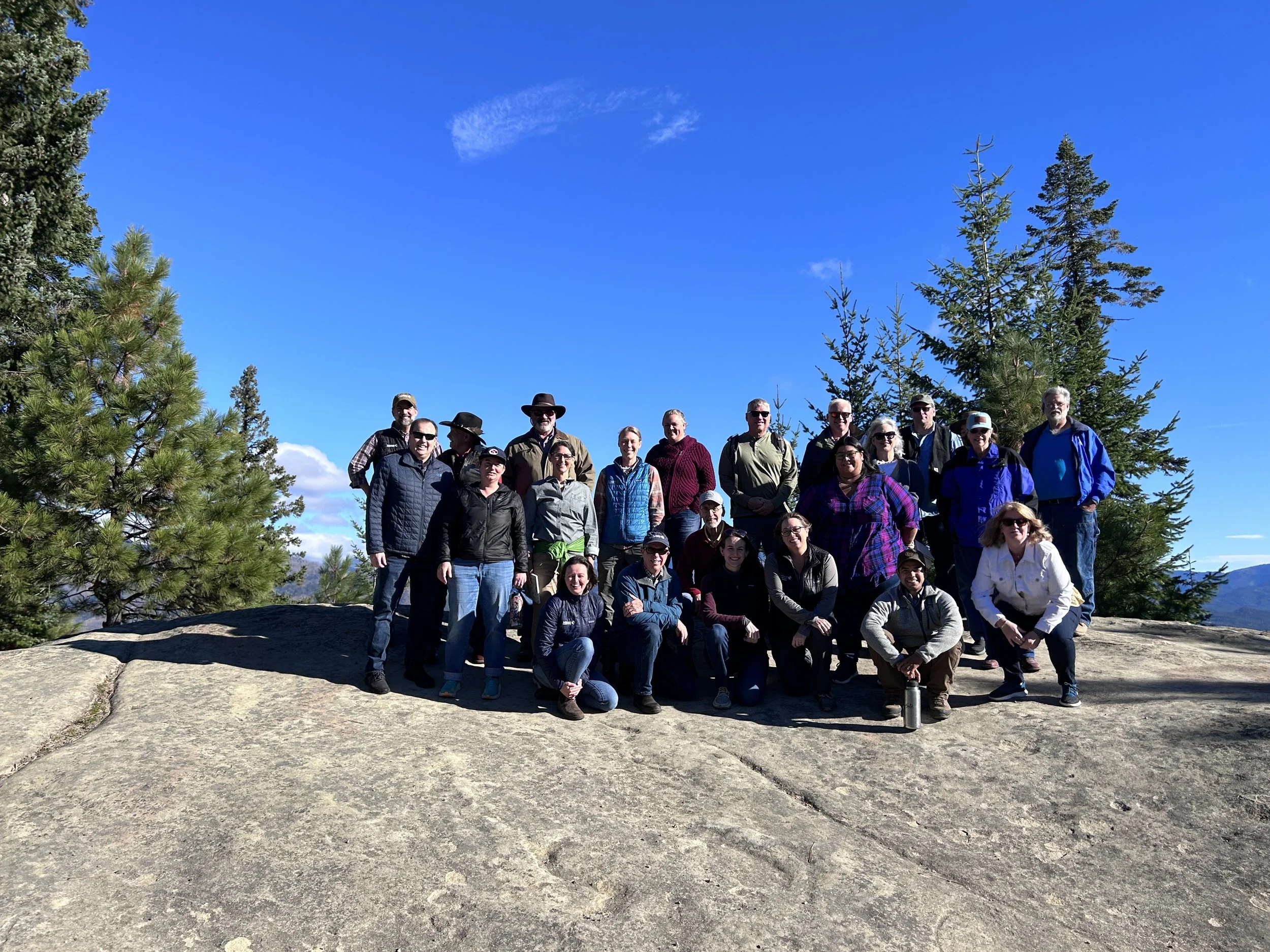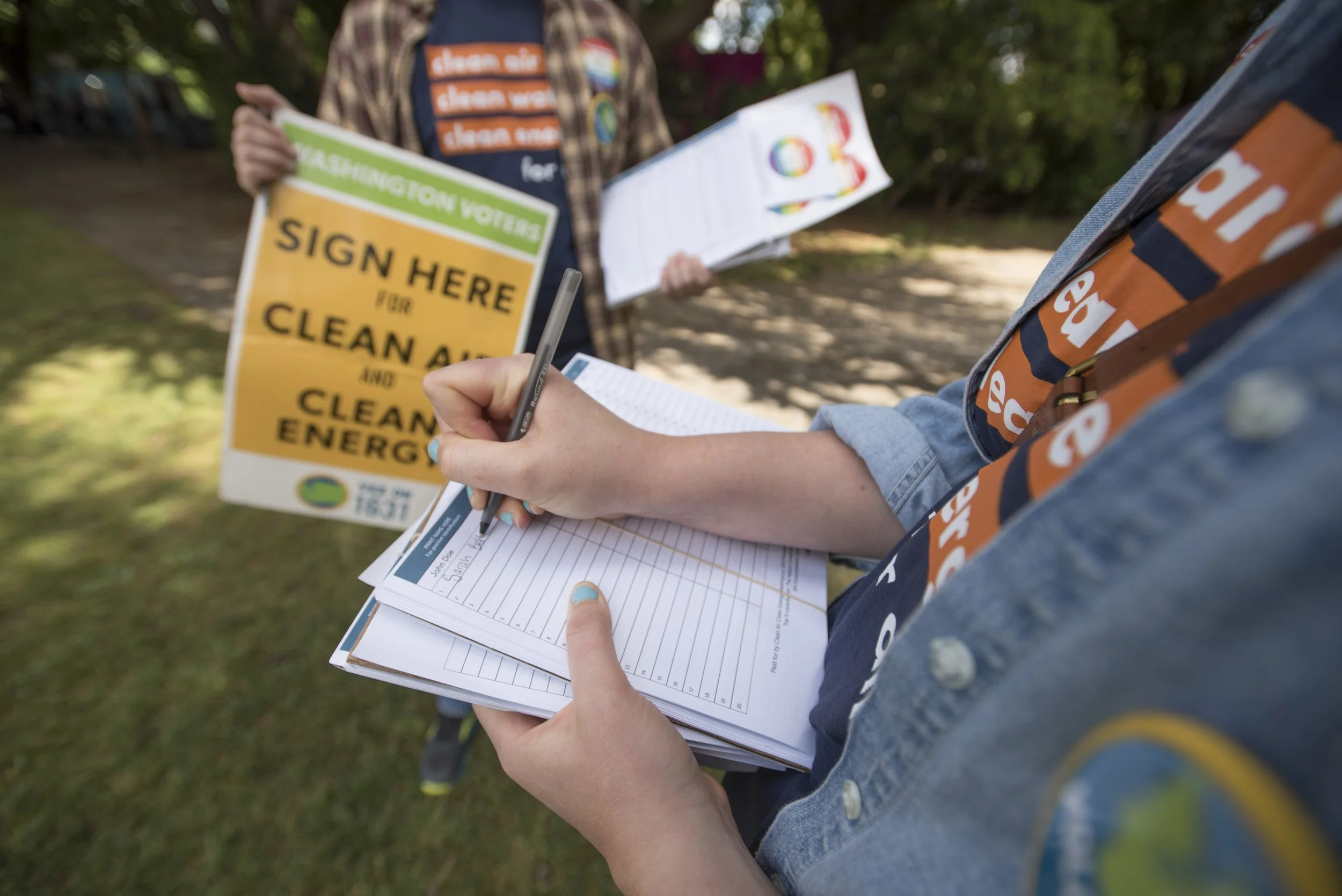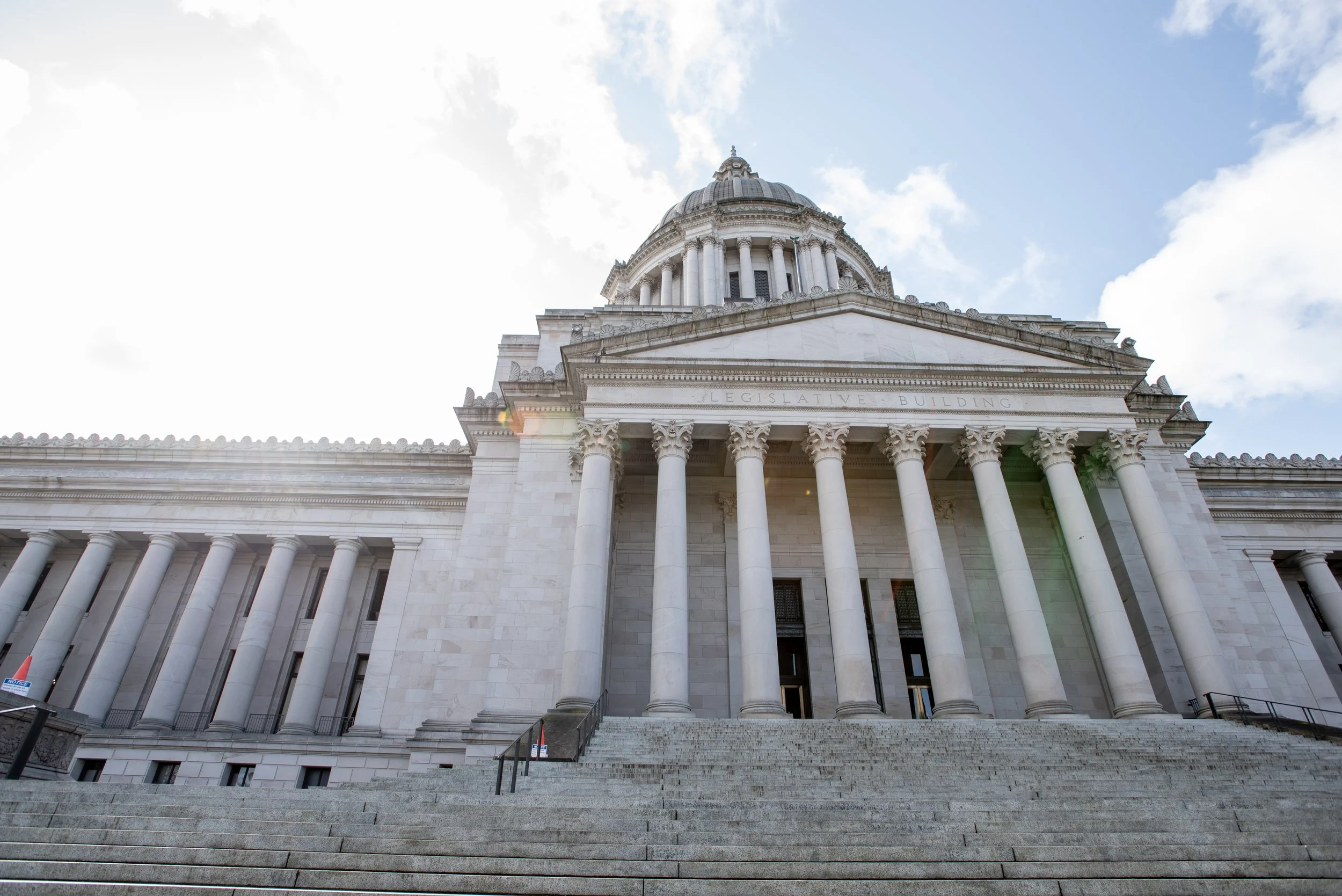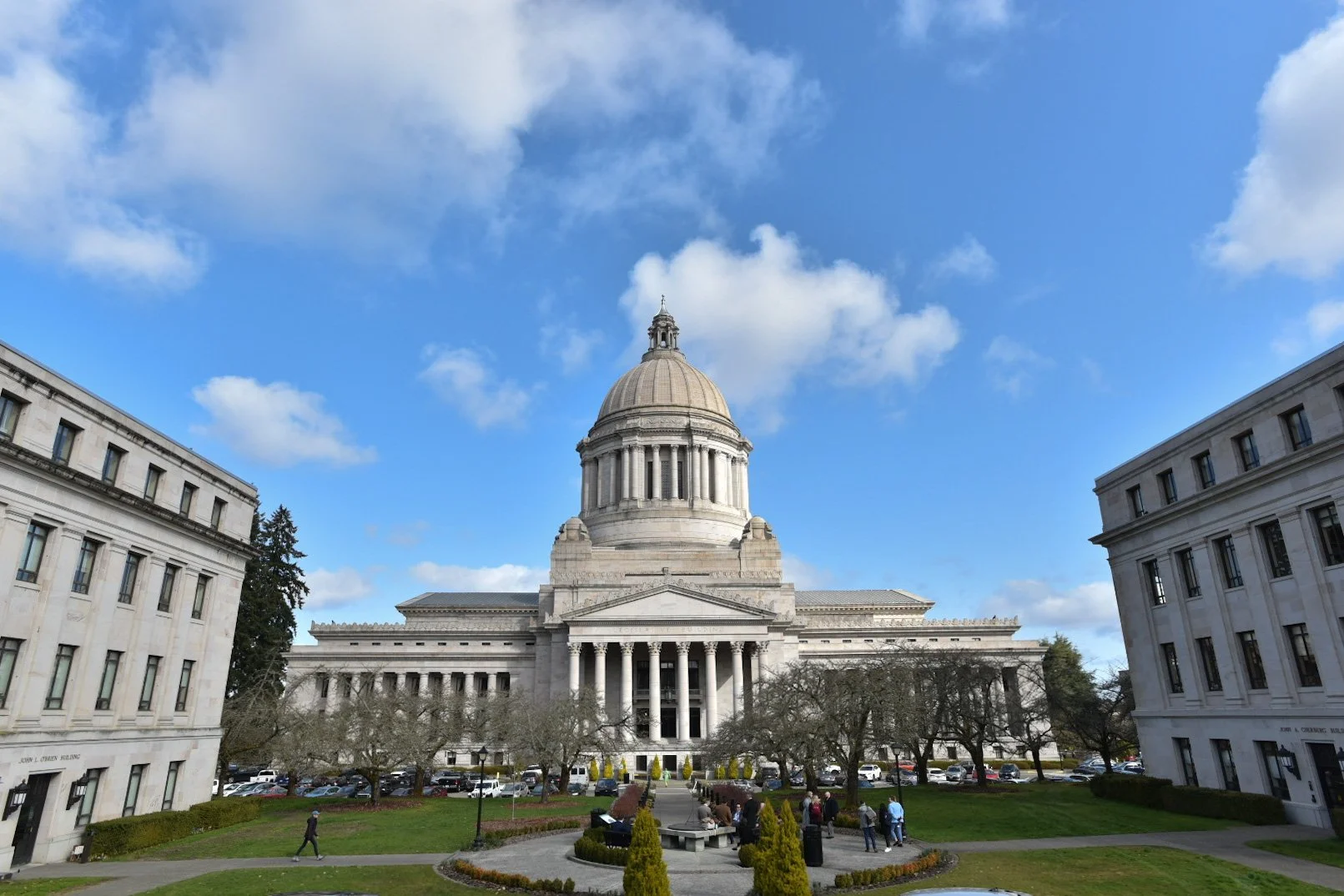The Nature Conservancy’s vision is of a world where people and nature thrive. The climate crisis is the greatest threat to that vision and our mission.
We must work with urgency to reduce current and future impacts of climate change, including making rapid progress to:
reduce greenhouse gas emissions and draw down greenhouse gas concentrations,
grow the resilience of natural systems and human communities, and
focus on the health and well-being of communities and people most impacted by climate change.
The pace and scale of the change we need requires profound public policy interventions and investment, coupled with transformation in business and energy practices. This requires working within flawed and inequitable systems while working to change them. We are committed to working across differences of perspective and opinion on the basis of dignity, respect, and a willingness to learn.
Listening Up
As we’ve learned about various policy approaches to carbon pricing, we’ve heard from some environmental justice organizations in Washington about their firm opposition to cap and trade. Read some recent position statements these organizations have made regarding their concerns:
• Front & Centered
• Got Green
• Puget Sound Sage
Carbon pricing is only one of the policy mechanisms needed to address the climate crisis. We have supported a fee-and-invest approach (I-1631) in the past and, at a national and global level, The Nature Conservancy has supported an array of carbon pricing models. We have sought to learn and understand the impacts cap & trade programs have had on overburdened communities. We’ve focused on learning from organizations representing communities of color that are fellow members of the Climate Alliance for Jobs & Clean Energy.
We recognize the negative impacts that cap and trade policies have had on communities in other jurisdictions. Given the concerns of some of our partners, we will only support a carbon pricing policy that advances environmental and health equity in its design and implementation.
At least two proposals under consideration by the Legislature - the Climate Commitment Act (SB 5126) and Washington Strong (SB 5373) - use carbon pricing as a way to address climate change. We’re deeply engaged with legislators and partners as these policies evolve and move through the legislative process. And we’ve developed a working paper outlining the criteria we’re applying to our analysis of any carbon pricing policy, including our priorities regarding process, program and investment structure.
While we have provided technical analysis and suggestions to legislators and we have sought open, respectful dialogue about policy options with a wide range of partners, we cannot and do not speak for Tribes or frontline and overburdened communities. The voices of these communities should be central to the legislative process.
There’s a lot of work to do, and you can be part of it! It’s easier than ever to speak up for nature and people “in” Olympia during this year’s virtual legislative session. Make sure you’re signed up for updates so you don’t miss a chance to use your voice for a brighter, healthier, more equitable and sustainable future for Washington.
Banner photo by Mark Wolsky.




